Small Business Relief Options for Breweries Shut Out by Stimulus Bill
When President Trump signed the CARES Act on March 27, 2020, it appeared to offer a much-needed lifeline to small businesses that are suffering under the current pandemic. The act funded several programs designed to allow businesses to pay their basic expenses—particularly their employees—while under various government-mandated shutdowns and reductions in service. However, within just 13 days of the April 3, 2020, start date the $376 billion program ran out of funds, leaving many small businesses, including breweries, wondering if any assistance will be coming.
What is CARES?
CARES stands for Coronavirus Aid, Relief, and Economic Security. The act provided over $2 trillion to assist individuals, state and local governments, and businesses in dealing with the economic fallout of COVID-19. Included within that total was over $376 billion specifically targeted at small businesses.
- $349 billion for loans to help business stay open and keep paying workers
- $10 billion for emergency grants to help business meet immediate needs
- $17 billion to cover payments for existing small business loans
Eligibility is limited to business having 500 employees or fewer. Most craft breweries clearly fall within this definition.
Paycheck Protection Program
The largest component of the act is the $349 billion Paycheck Protection Program (PPP). The goal of the PPP is to help mitigate the skyrocketing unemployment caused by government restrictions and shutdowns of many businesses. The program provides forgivable loans of up to $10 million to businesses if they keep—or rehire—employees. They must maintain those employees on the payroll for eight weeks at their current salaries.
Businesses can apply for loans through most banks and credit unions. The loans come due in two years and have a 1% interest rate. If a business meets the employment requirement, the loan will be forgiven. Businesses can use the loan for any expenses necessary to remain open such as rent and utilities, but the primary focus is on employee paychecks. At least 75% of the forgiven amount must be spent payroll.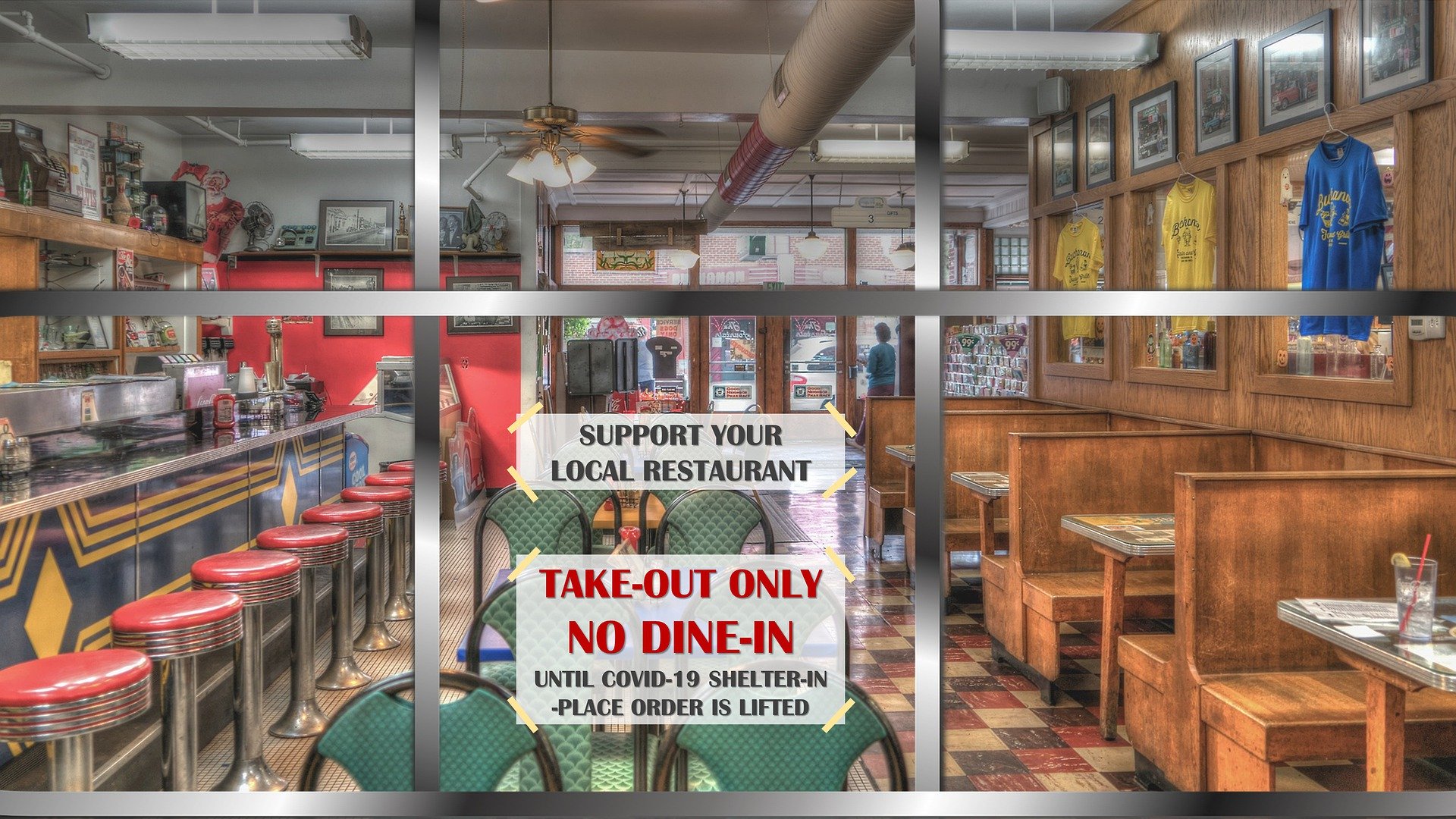
Obtaining a loan is not necessarily straightforward. Due to high demand and the pressure to provide these loans quickly, many banks only offer them to existing pre-pandemic business customers. Once funding expired on April 16, 2020, the Small Business Administration (SBA) stopped accepting any new applications from banks. Some banks are still taking customers’ applications, however.
Additionally, there appears to be confusion over what will happen to existing applications that did not get through the decision process before funding ran out. Various banks are handling the situation differently and the SBA has not provided clear guidance on how applications will be prioritized if additional funding is allocated.
Economic Injury Disaster Loan
Typically utilized for localized crises like hurricanes or wildfires, these loans are now available to small businesses in all fifty states due to COVID-19. For the purpose of these loans, the entire country has essentially been defined as a disaster area.
Businesses can apply for Economic Injury Disaster Loans (EIDLs) directly through the SBA. These loans provide up to $2 million at a rate of 3.75%. Businesses can defer payments for up to four years. Due to the funding lapse, the SBA is not currently accepting applications for COVID-19-related disaster loans.
EIDL Emergency Grant
Businesses that apply for an EIDL loan related to COVID-19 can also apply for an emergency advance grant of up to $10,000. These are particularly attractive to small businesses because there are few strings attached. The grants do not need to be repaid and recipients can receive funds as quickly as three days. Businesses can keep the money whether or not they are subsequently approved for an EIDL. Like the other programs, however, EIDL applications are suspended due to a lack of funding.
Where is the Money Going?
For those lucky enough to have submitted applications before funding ran out, the numbers show that some money has already started to flow. According to the crowd-sourced website COVID Loan Tracker, under the PPP and EIDL programs, close to six percent of loans requested had been approved as of April 19. Most loans were approved for the full amount requested, particularly when smaller amounts were sought.
Loans appear to cover a wide cross-section of businesses, with just under ten percent of applications coming from the sector that includes restaurants and breweries. Loan applications across the country roughly track to state populations. California, Texas, New York, and Florida lead in applications, with California and Texas notching the largest number of approvals.
What Comes Next
Bills to provide additional funding for these programs have been proposed in Congress. However, they have become bogged down as both political parties debate the amount of funding and attempt to wrap appropriations for various other causes into the bills. It now appears likely that Congress will vote on additional funding this week, though both the amount and timing are uncertain.
Additionally, the Federal Reserve is working to finalize their Main Street Lending Program, which was announced April 9, 2020. This program will provide loans to small and medium-sized business. The Fed is currently taking comments from banks on things like interest rates and loan sizes and trying to figure out how to make it most beneficial to small businesses. The Fed has not announced a firm date when this program will kick-off.
For now, breweries and other small businesses are left with the uncertainty of whether there will be any further funding to help support them and their employees through the current pandemic.
A Few Options Remain
Only a handful of near-term assistance possibilities remain for small breweries. Most are limited to businesses that had financial arrangements in place prior to the COVID-19 pandemic.
The SBA Express Bridge Loan program offers loans up to $25,000 that are guaranteed by the SBA. The catch is that these loans are only available for businesses that already have a relationship with an SBA Express Lender. Loans would be repaid from any long-term assistance that the business obtains.

Similarly, businesses that already have certain SBA loans are eligible for payment deferrals and relief. For businesses with 7(a), 504, and microloans—the most common loan types promoting small business—the SBA will pay principal, interest, and fees for six months. This applies to current loans and any approved prior to September 27, 2020. The SBA will also automatically defer payments on existing disaster loans through December 31, 2020. Interest will continue to accrue, however.
Other tax modifications in the bill include moving the filing deadline to July 15, 2020, a payroll tax credit, deferral of Social Security tax payments and more generous interest-deduction and loss-accounting rules might provide some limited relief as well. However, most of these assume that a particular business will be able to survive the immediate financial downturn and be solvent to take advantage of them.
Finally, many states have their own programs to assist small businesses. Given the current limits on federal assistance, at the moment these may be the most promising options for craft breweries needing financial help.
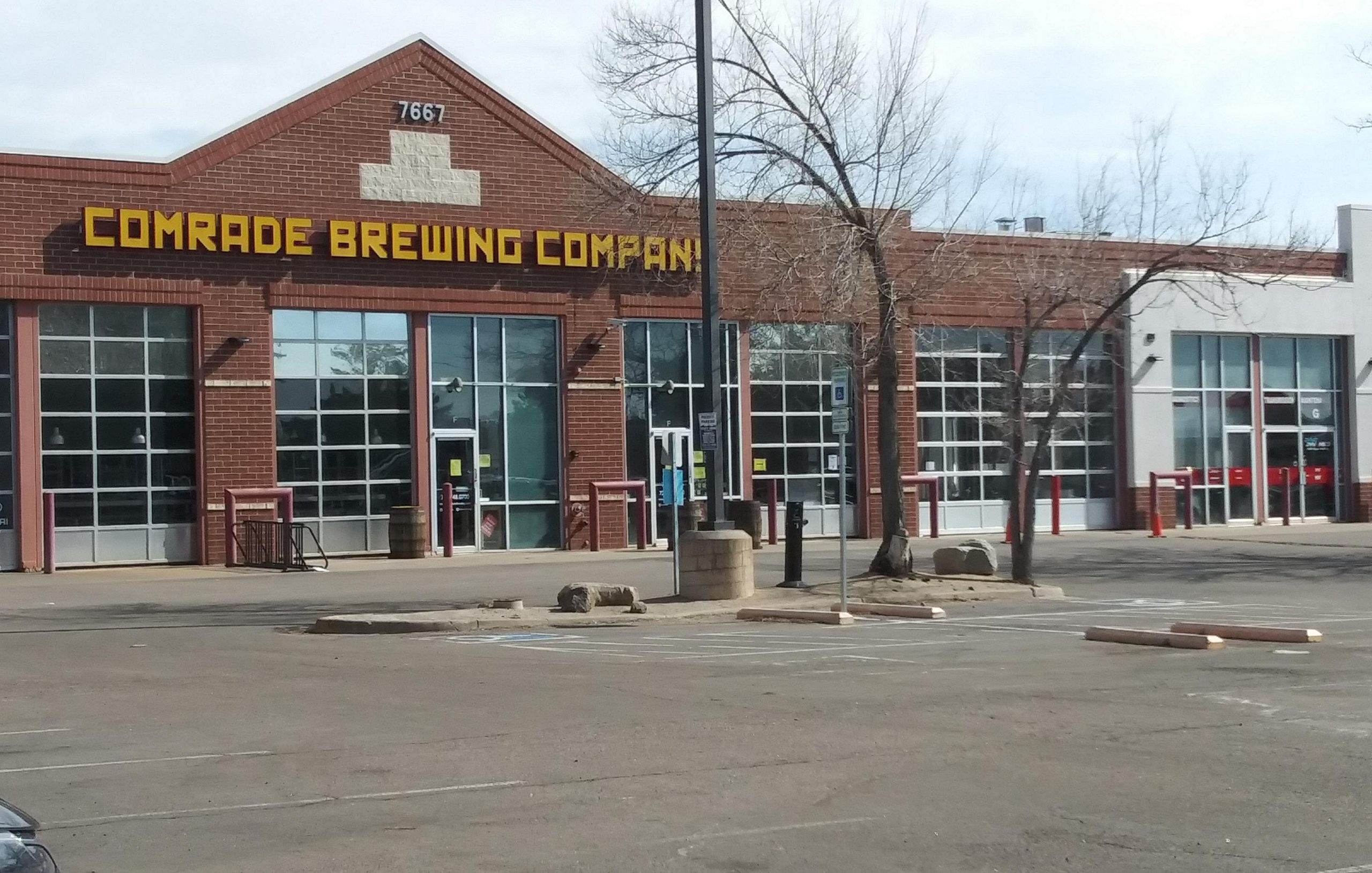
Consumers Still Make a Difference
In the end, it’s clear that craft breweries and other small businesses will continue to struggle until the government shutdowns are removed and patrons feel comfortable congregating over a beer or two. As individual beer-lovers we may not be able to provide the levels of assistance that government programs can, but we can still support our local breweries with whatever online and takeout options are available in our localities.


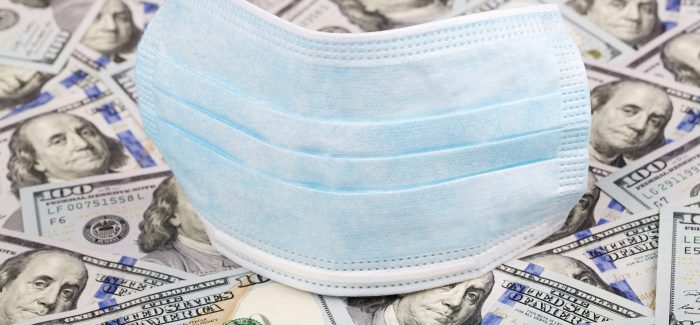

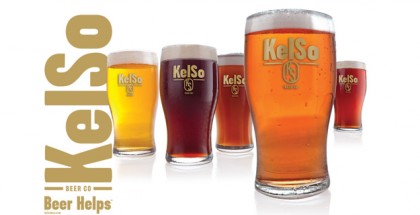


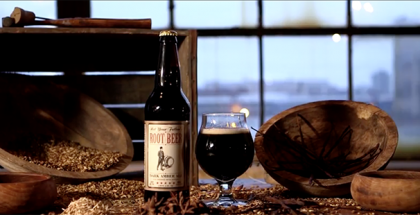
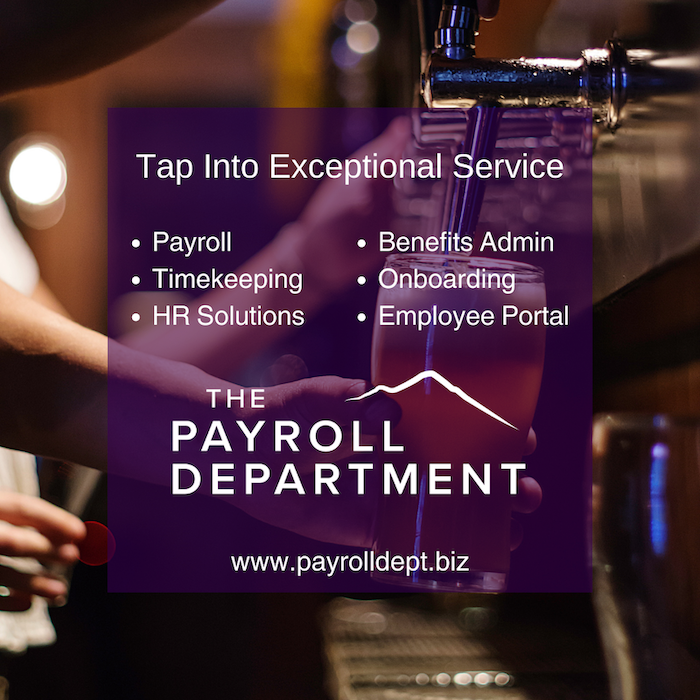
Submit a Comment